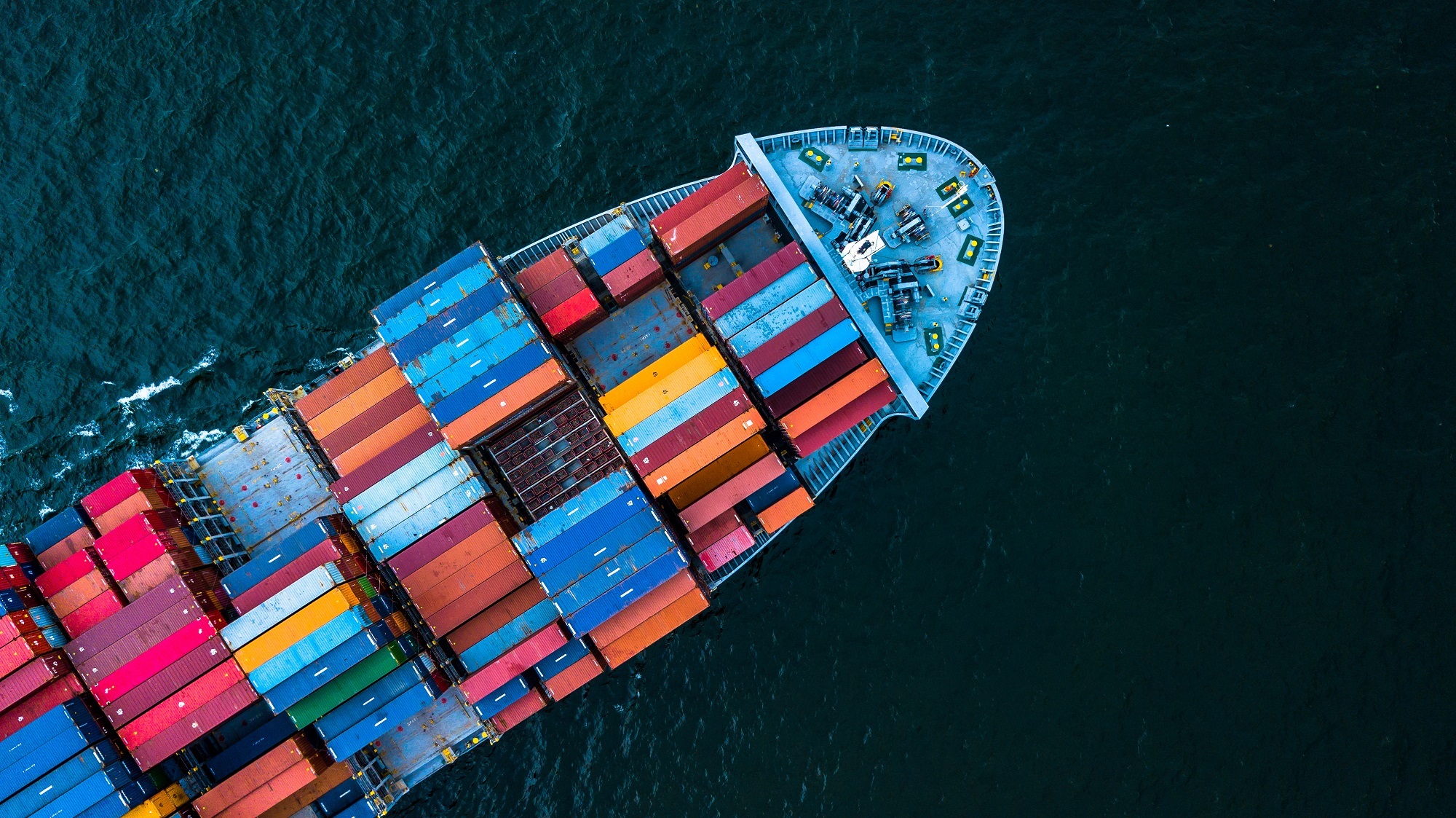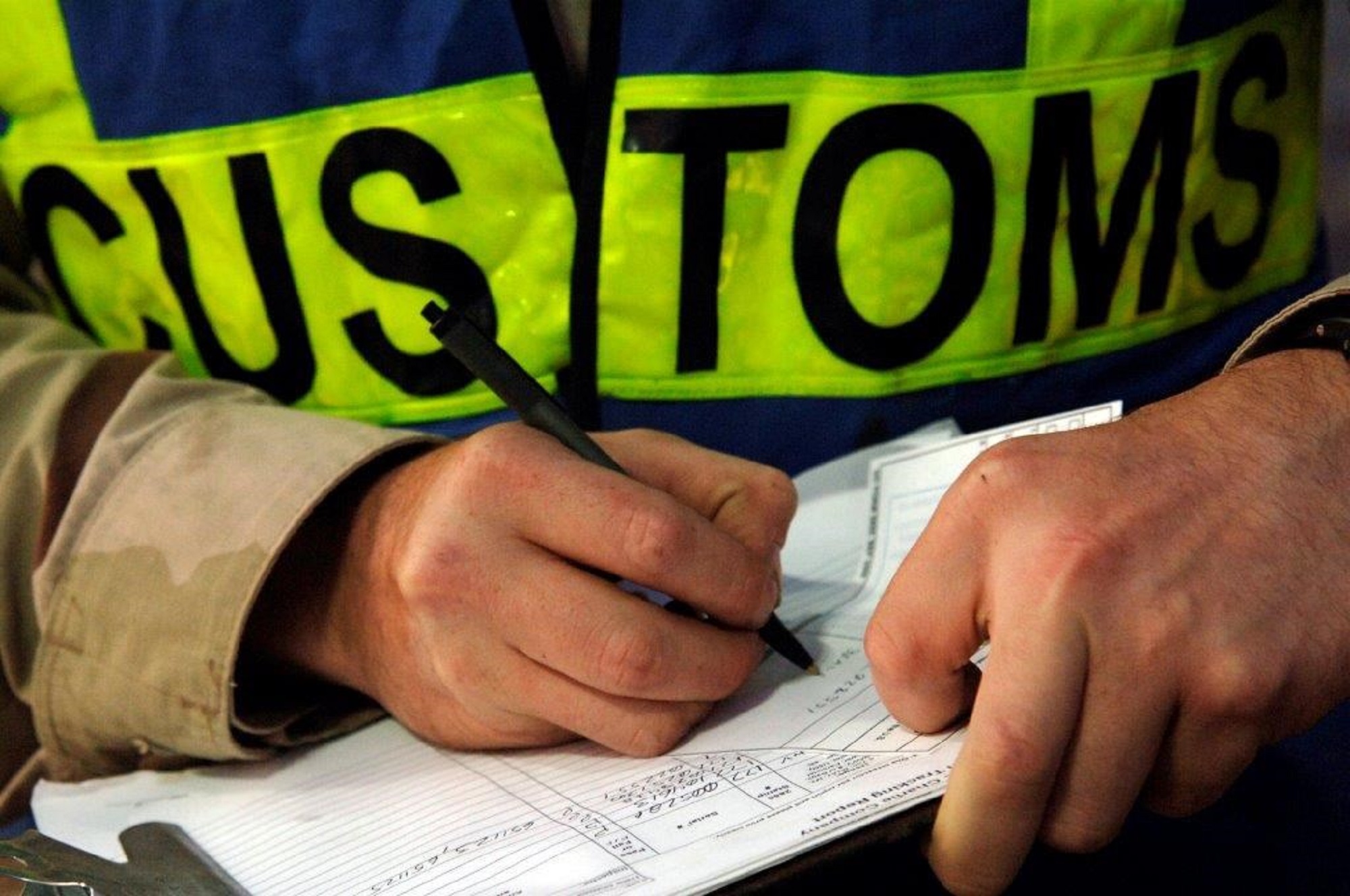The year 2020 just started, however 2019 has not yet been finalized. The last Dutch VAT return 2019 still needs to be filed. This last VAT return differs from the regular VAT returns which have been filed throughout the year. This is because in the last VAT return some specific corrections need to be taken into account. In this news item we will discuss a number of points that need to be taken into account when preparing this last VAT return 2019.
VAT correction private use
If your business qualifies as a taxable person for VAT purposes and your business performs VAT taxable activities, the VAT incurred on the purchase of goods and services can be recovered. It is important that the purchased goods and services are used for VAT taxable activities and that you are in the possession of a correct purchase invoice (which meets all VAT invoice requirements).
There are, however, some corrections to the VAT recovery right, such as the correction for private use of business goods and services (i.e. so-called BUA correction). The BUA correction will amongst others exclude the VAT recovery right for making business gifts if the recipient has no or only partial right to deduct VAT, but also when providing certain staff benefits, such as coffee. In short, the BUA correction only applies if the threshold amount of € 227 (excluding VAT) per person, per year is exceeded. Subsequently, the VAT relating to these costs is not recoverable. As a consequence your company needs to correct the VAT for the entire amount in its last VAT return for the financial year. If your financial year is equal to the calendar year, the BUA correction needs to be processed in the last VAT return 2019.
Examples of costs that you should consider which could be in the scope of the BUA correction are:
Christmas boxes/gifts;
providing/facilitating sports and leisure activities; and
providing accommodation for staff.
In this respect, we emphasize that if there are supplies of food/drinks in e.g. a canteen or via vending machines, it is to be verified as well if a the special cafeteria regime should apply.
VAT correction private use of company cars
More specific is the VAT correction for private use of company cars. Your company is able to recover the VAT incurred on car related costs during the year under the condition that the car is used for VAT taxable activities. If a company car can also be used for private purposes, this will be considered as a deemed supply for VAT purposes. As a consequence, a correction for private use needs to be made in the last VAT return 2019. In principle, the VAT correction needs to be determined based on the actual (private) use, for example by means of a vehicle use log.
However, if there is no or insufficient information available with respect to the actual use, the correction can in principle be calculated on the basis of a lump sum. This means that the VAT correction is 2.7% of the list price of the car, including VAT and car registration taxes. If your company has purchased a car for which the incurred VAT was not recoverable, for example used car purchased under the second hand goods VAT scheme, a different lump sum of 1.5% applies. Furthermore, the 1.5% percentage also applies if a car has been used by the company for five years or more or has been registered on your company for more than five years.
Verify the applied pro rata VAT recovery right on general costs
If your company performs VAT taxable as well as VAT exempt and/or non-economic activities, your company will have a "(pre) pro-rata" VAT recovery right. In principle, this is based on the ratio of VAT taxed sales turnover proportionally to total sales turnover.
At the end of the financial year, your company needs to verify the pro rata calculation for the entire financial year to determine whether the pro rata percentage applied during the year is correct. If this is not the case, a correction should be made. This correction should in principle be reported in the last VAT return for the financial year and can lead to an additional VAT amount to be paid or to be reclaimed. When your financial year is equal to the calendar year, this correction must be reported in the last VAT return 2019.
Revision investment goods
For investment goods which are being used for VAT taxable as well as VAT exempt activities, the VAT recovery right percentage is determined at the moment of purchase of the investment good. Following the above paragraph, it is important to verify whether the actual use (i.e. VAT taxable or VAT exempt) is still in line with the VAT recovery right percentage as determined in the first financial year. The use of the investment goods in the first financial year is decisive for determining the VAT recovery right. However, if the actual use deviates from the determined and applied VAT recovery percentage, in the event of a difference of more than 10%, the VAT recovery right needs to be revised and corrected in the last VAT return for the financial year
For this reason it is important to check the above-mentioned items within your company when preparing the final VAT return 2019.
Forgot to report a correction?
Finally, if you discover that your company has filed an incorrect or incomplete VAT return over the past five calendar years resulting in too little or too much VAT being reported, the concerning VAT return needs to be corrected immediately via a mandatory (digital) supplementary VAT return. In practice this often happens at the moment that the annual accounts are being prepared at the end of the financial year. For completeness’ sake, please note that in case your company voluntarily discloses the underpaid VAT relating to the 2019 corrections before April 1, 2020, no additional interest will be due.
However, if the aggregate additional VAT amount due or receivable is less than € 1,000 it is allowed to include the correction in the next VAT return. If the correction is higher than € 1,000, a supplementary VAT return needs to be filed.
If you have any questions regarding this article, or if you want to know whether these corrections affect your company, please contact us.
This content was published more than six months ago. Because legislation and regulation is constantly evolving, we recommend that you contact your Baker Tilly consultant to find out whether this information is still current and has consequences (or offers opportunities) for your situation. Your consultant will be happy to discuss the latest state of affairs with you.





